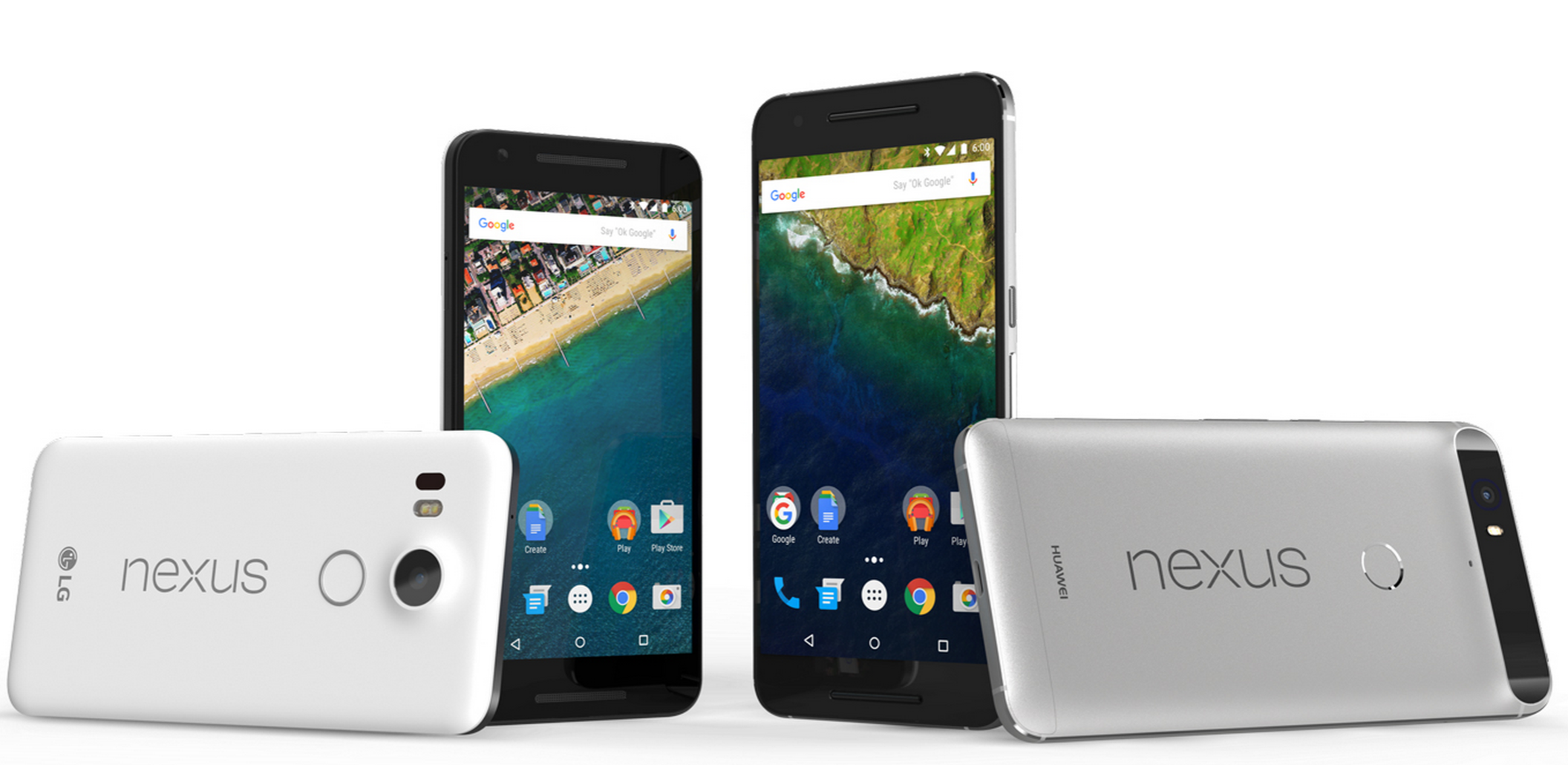
New Nexus owners can remove some Google apps
Google packed today's big annual autumn product launch with loads of news: Nexus 5X and 6P (available for preorder now); Chromecast 2 and Chromecast Audio (for sale today); Google Photo enhancements (rolling out soon); Android 6 "Marshmallow" (arriving on existing Nexus devices next week); and Pixel C tablet (coming sometime before the holidays). Jamming in so much, some things might get overlooked. One seeming tidbit rapped my attention.
Soon after discussing how Marshmallow uses a new permissions scheme for apps, Google veep Dave Burke said: "With the new Nexus devices, we've reduced the number of preloaded apps on the phone, to make the out-of-box experience cleaner and simpler. We've also developed a new system that moves over a quarter of our apps to a post-setup installation phase, which means they can be uninstalled just like any other apps". The implications are interesting.
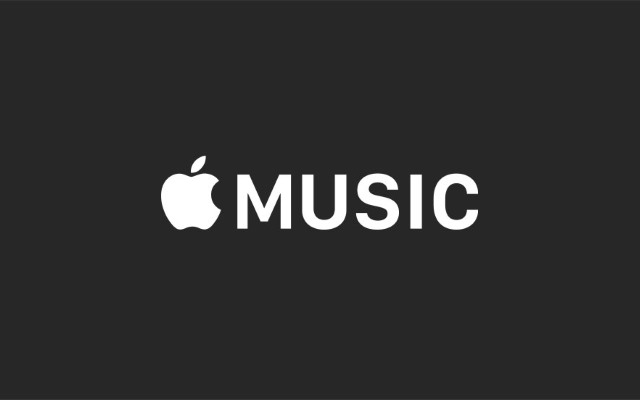
Such desperation, Apple
Look what email greeted when I rolled out of bed and in front of the computer this AM (Pacific Time). Apple Music wants my business. That's not happening. After signing up for the three-month trial, which ends September 30, I returned to using Chromebook Pixel LS and Nexus 6. The streaming service supports neither device, so, yes, I turned off autorenewal.
This brief post is a reminder to you to do likewise, if having signed up you're not planning to keep the service. Apple Music turns on autorenew by default, so if you want out, don't wait. Opt out now. On the other hand, if you enjoy the service, do nothing and listen. You're covered.
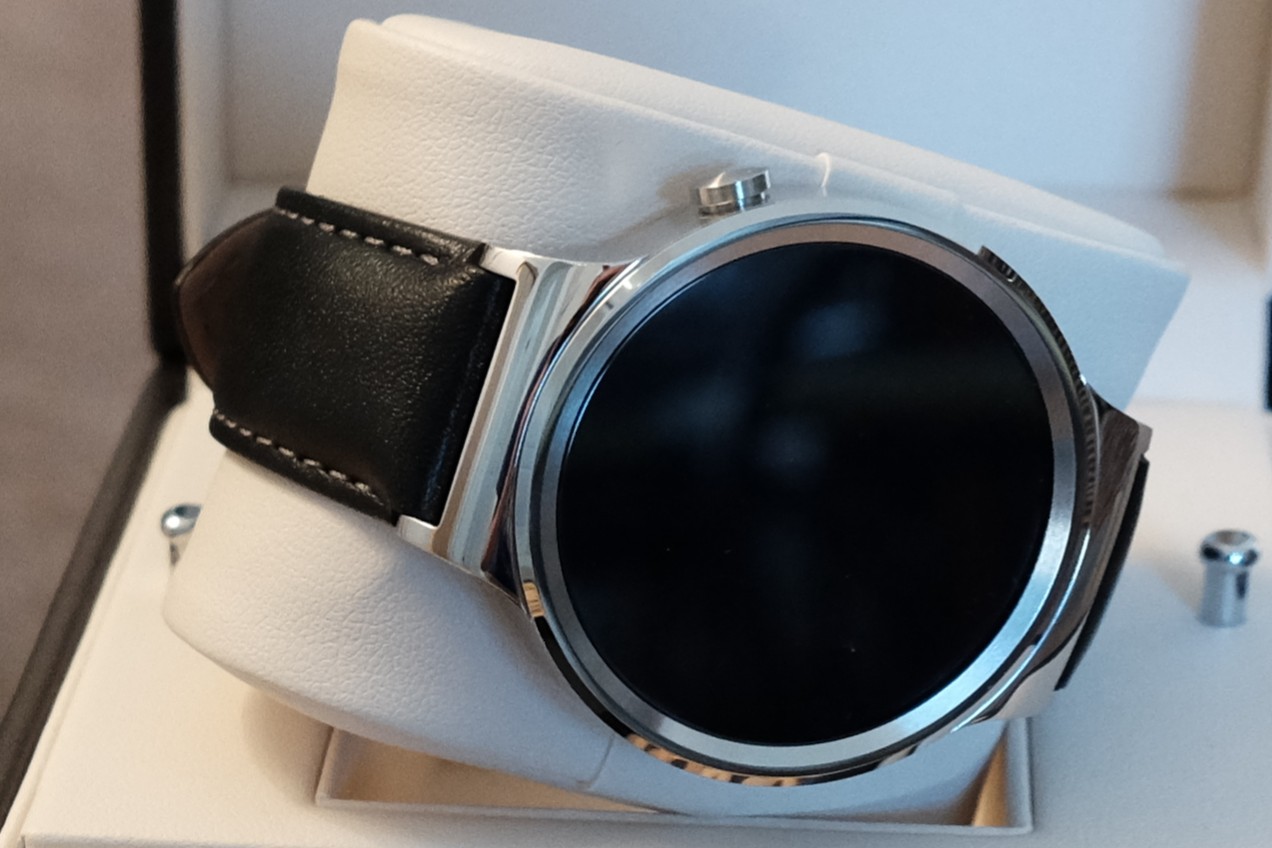
You can have Apple Watch, I'll take Huawei Watch
If you are thinking about buying a new iPhone to get Apple Watch, reconsider. Hard. There's a new Android Wear timepiece that is just as stylish, if not more, but costs much less. If Huawei Watch isn't the Apple Watch killer, it foreshadows what could be.
For the comparison today, my quick review focuses on the two smartwatches that I purchased, with which materials and attractive designs are most similar (other than their shapes—squairsh vs circular). To reiterate: I paid for both devices. Neither manufacturer sent a loaner for review. The one came from Apple Store and the other from Amazon.
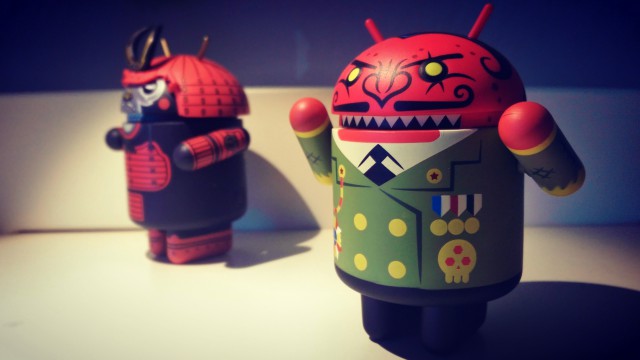
Is Android a dangerous monopoly?
I can't confirm Bloomberg's report that the the U.S. Federal Trade Commission and Justice Department allegedly are beginning a joint investigation into Google's Android licensing agreements. But I can explain what it means. Striping to the bones, from an antitrust perspective, there are two pivot points: Monopoly position and exclusive contracts. Then there is the broader regulatory agenda: Correcting (or preventing future) consumer harm.
Globally, Android is unquestionably a monopoly in the market for smartphones. However, its dominance in the United States is comparably muted by competition from iPhone. Based on smartphone subscribers, Android's share was 51.4 percent for the three months ending July 31, 2015, according to comScore. iOS ranked second with 44.2 percent. By cell phone manufacturer, Apple leads the market, with the same share, followed by Samsung (27.3 percent). Android is leading but declining—down 0.8 points, while iOS is up 1.1 points, from April to July.

OK, Google, make some Apple sauce
In my last post, I joke about the other five people who also bought Nexus 6 to make a broader point. Apple laps up positive PR—and rubs Android's nose in stinky sidewalk dog poop—by touting rapid iOS 9 adoption. Based solely on devices accessing the iTunes App Store, the number is 52 percent as of September 19. By the same measure, as of September 7, from Google Play: 20 percent of Androids run the newest version, Lollipop. iOS 9 released last week, and Android 5 arrived last year. Ouch!
Google shouldn't let the comparison stop there. The company should release Lollipop adoption data selectively, for stock Android devices like Nexus 6. That makes the comparisons to iOS more equal, being devices for which both companies control updates. Apples to, ah, Apple is more appropriate and responsive public relations management.
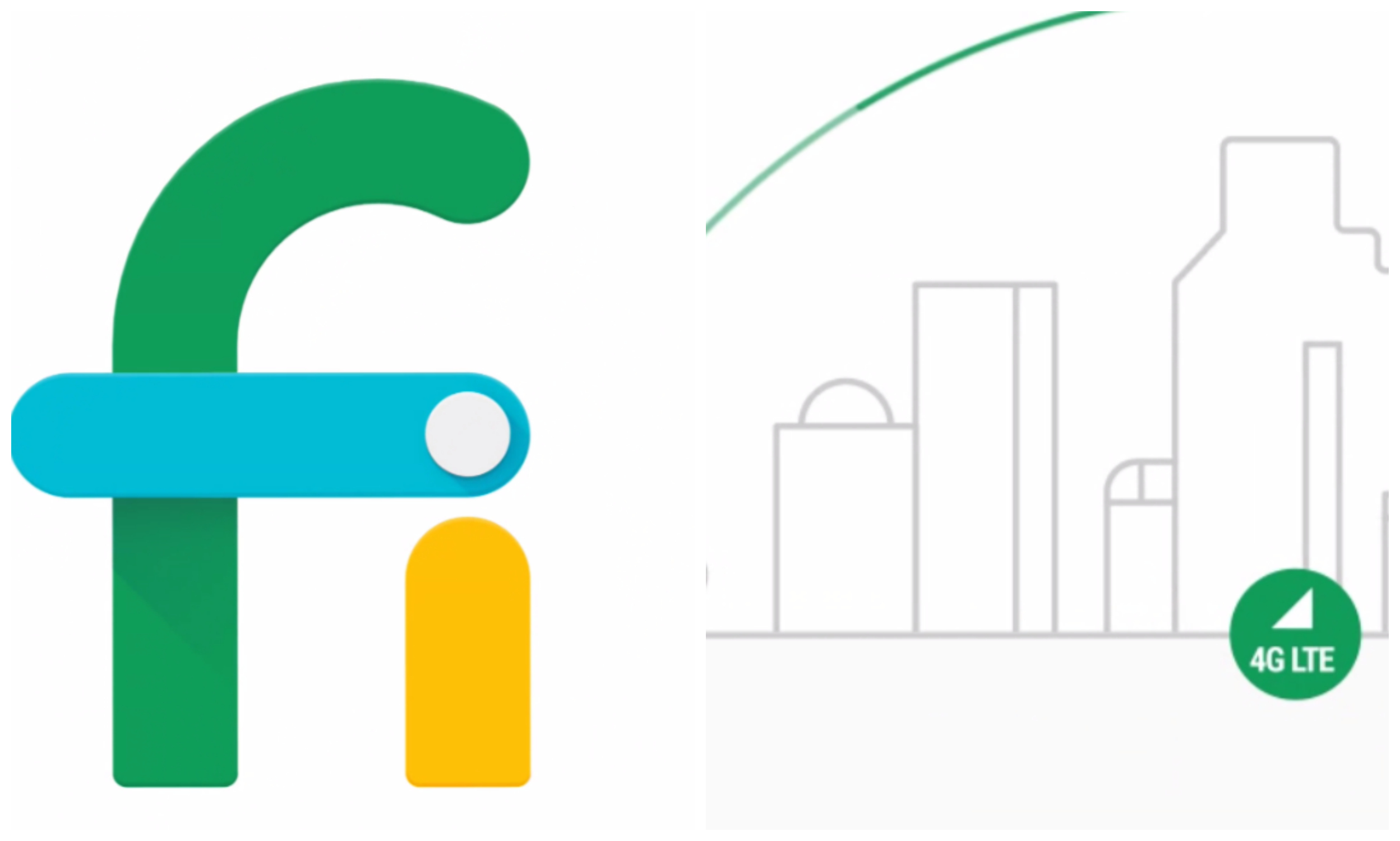
Say, Nexus nerds, what about Project Fi?
As September 29th approaches, and Google's annual autumn launch event, rumors increase in frequency, and a few in absurdity, about what will be revealed. The gadget-obsessed shouldn't forget what else might arrive with one, or even two, rumored new Nexus smartphones: Expanded support for Project Fi. I am surprised how little buzz there is among the fan base. Where are the rumor-wagging tongues?
The search and information giant introduced the invite-only cellular service in April 2015, piggybacking Sprint and T-Mobile networks for a cool $20 a month, plus 10 bucks more for each gigabyte of data (refunding for portion unused). The gotcha: Project Fi only supports one device: Nexus 6. You buy one or you bring your own. Otherwise it's fee-Fi-fo-dumb for you.
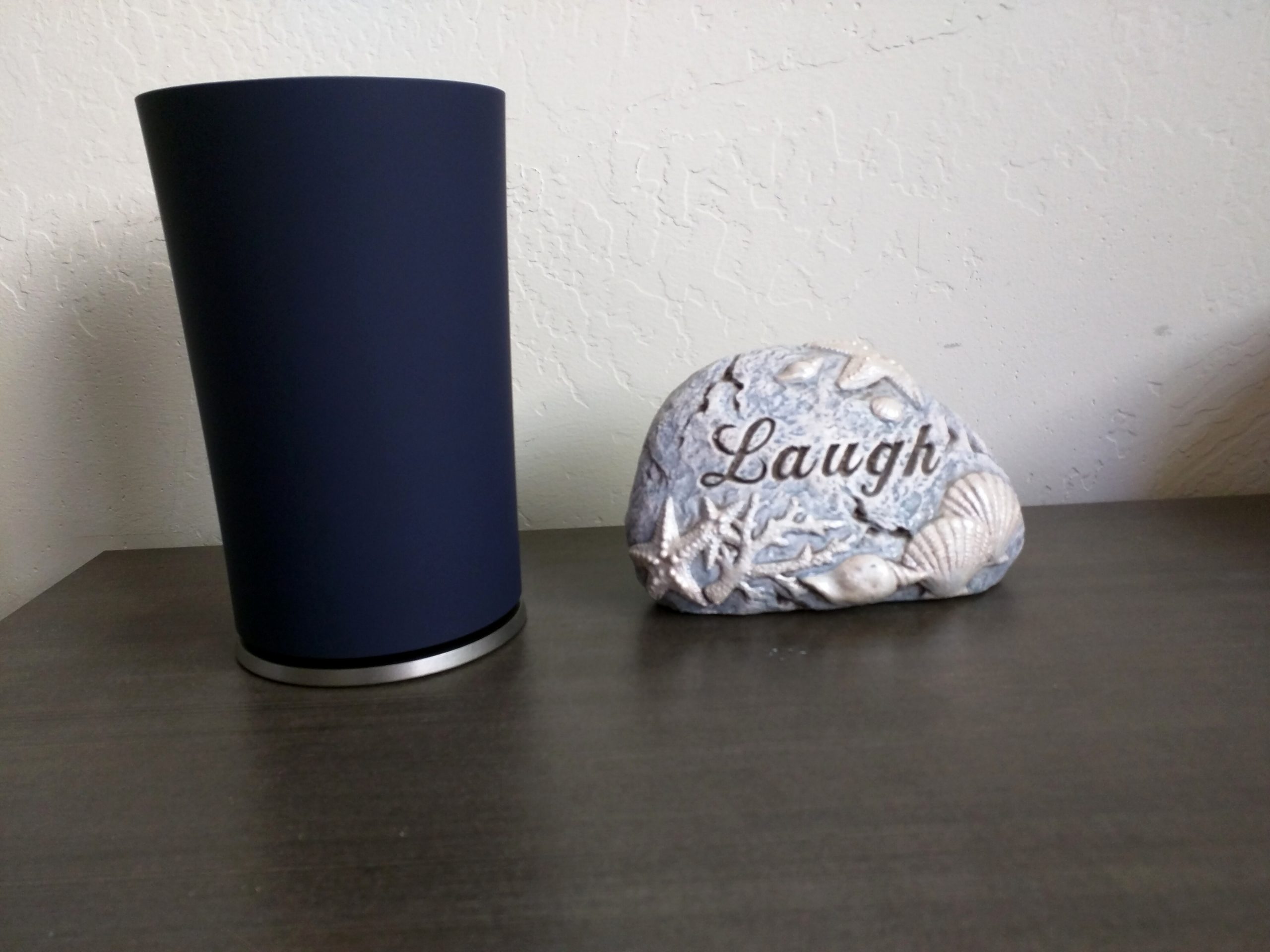
Google gives great WiFi with OnHub [review]
One word describes Google's wireless router: Fantastic! That should be enough said, but one of my colleagues asked me how much OnHub costs. He bristled at $199.99, calling it too much. So, okay, let's do a real review that explains the magic that Google and partner TP-LINK accomplish with this remarkable router. But I warn you now: Buying one, even for two C notes, isn't easy. This thing is out of stock most everywhere, as it has been for weeks.
Simply stated: OnHub is the best router ever to anchor my home network. Beauty, simplicity, availability, and extensibility are On Hub's defining characteristics. Sold in blue or black enclosures, the thing is gorgeous, and it feels as solid as it looks. Setup and maintenance are frightening for their ease. The usable wireless range far exceeds the Apple AirPort Extreme router that OnHub replaces in my home. The network device packs protocols and other features you won't need now but will want later on.
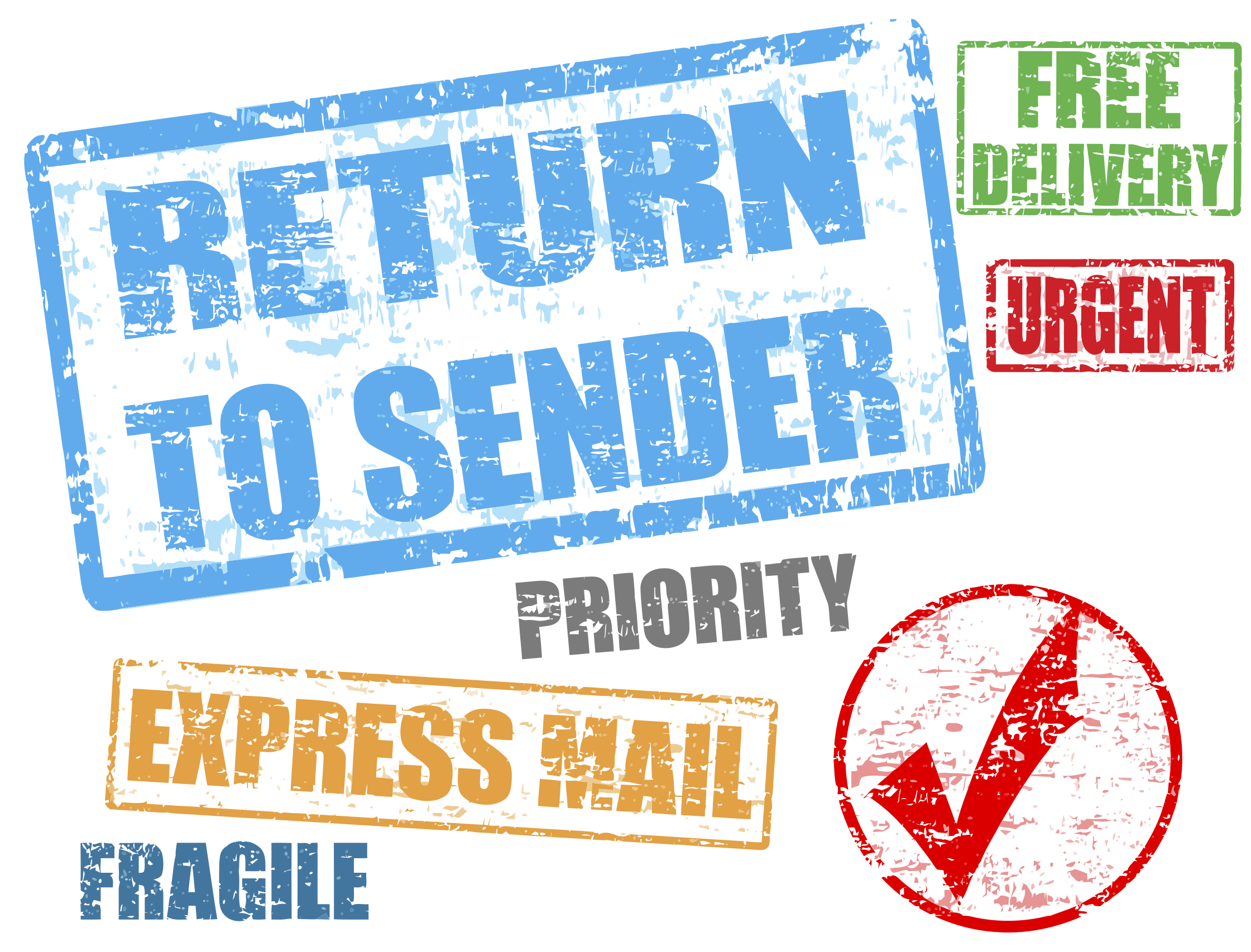
Google adds new unfriendly features to Gmail
One person's spam is another's feast, depending on who is giver or receiver. That's one way to read new capabilities coming to Gmail on Android and the web. The first, available starting today on PCs and arriving on Android devices over the next week, lets users block designated email addresses. Google describes "block", but the feature is more of an easy-and-quick filter that dumps unfriendly senders into the spam folder.
For either platform, you click the dropdown options menu to the right of the email address, and block appears as an option. Unsubscribe already is available from personal computers but is new to Android. For example, in the desktop browser, marking listserver messages as spam solicits the user to unsubscribe. The feature also will roll out over the next week to Android.

Apple sweeps aside App Store malware mess
In the aftermath of the big App Store security breach, today Apple reminds developers where they should obtain Xcode. It's not rocket science—from sanctioned distribution sources. I received an email this morning from the company, dispatched to members of its developer program.
To recap: As the new week dawned, Apple rushed to remove content from its Chinese App Store loaded with XcodeGhost malware. Developers using a counterfeit version of Xcode caused the first, major, widespread security crisis for the seven year-old App Store.

How bad is iOS 9 ad blocking for Internet advertising?
On Sept. 16, 2015, Apple released iOS 9, which enables users of iPad and iPhone to disable ads. The company claims the capability improves the overall user experience. As someone covering the tech industry for more than two decades, I perceive it as something else, too: Competitive assault against Google and means of pushing publishers to iOS 9's new News app. There is nothing friendly about Apple's maneuver. It is aggressive and tactical. But does it really matter?
Stated simply: More than 90 percent of Google revenue comes from contextual and search-related advertising. Apple derives about the same figure from selling devices and supporting services. At the same time, mobile is the future of Internet advertising and the battleground where the two meet. The entities' respective mobile platforms, Android and iOS, long ago put the tech titans on a collision course. Conceptually, what Apple can't gain from iPad and iPhone sales, it can take by shaking pillars supporting its rival's business.

Why are non-iPhone makers so stupid?
The first weekend of iPhone 6s and 6s Plus preorders are behind us, but Apple already looks ahead. This morning, the company presumably sought to quell last week's Wall Street jitters in statements to CNBC, Financial Times, and MarketWatch, among other news services popular with investors. This is perception-management at Apple's finest, and it is metaphor for success selling smartphones and why most competitors flounder by comparison.
I didn't receive the statement and so cannot attest to its veracity. But presuming esteemed financial news services accurately report, misdirection isn't much better than this. Apple doesn't give an exact figure, instead stating: "We are on pace to beat last year's 10 million unit first-weekend record when the new iPhones go on sale Sept. 25". How circumspect is that? Ten million the first weekend two weeks later?
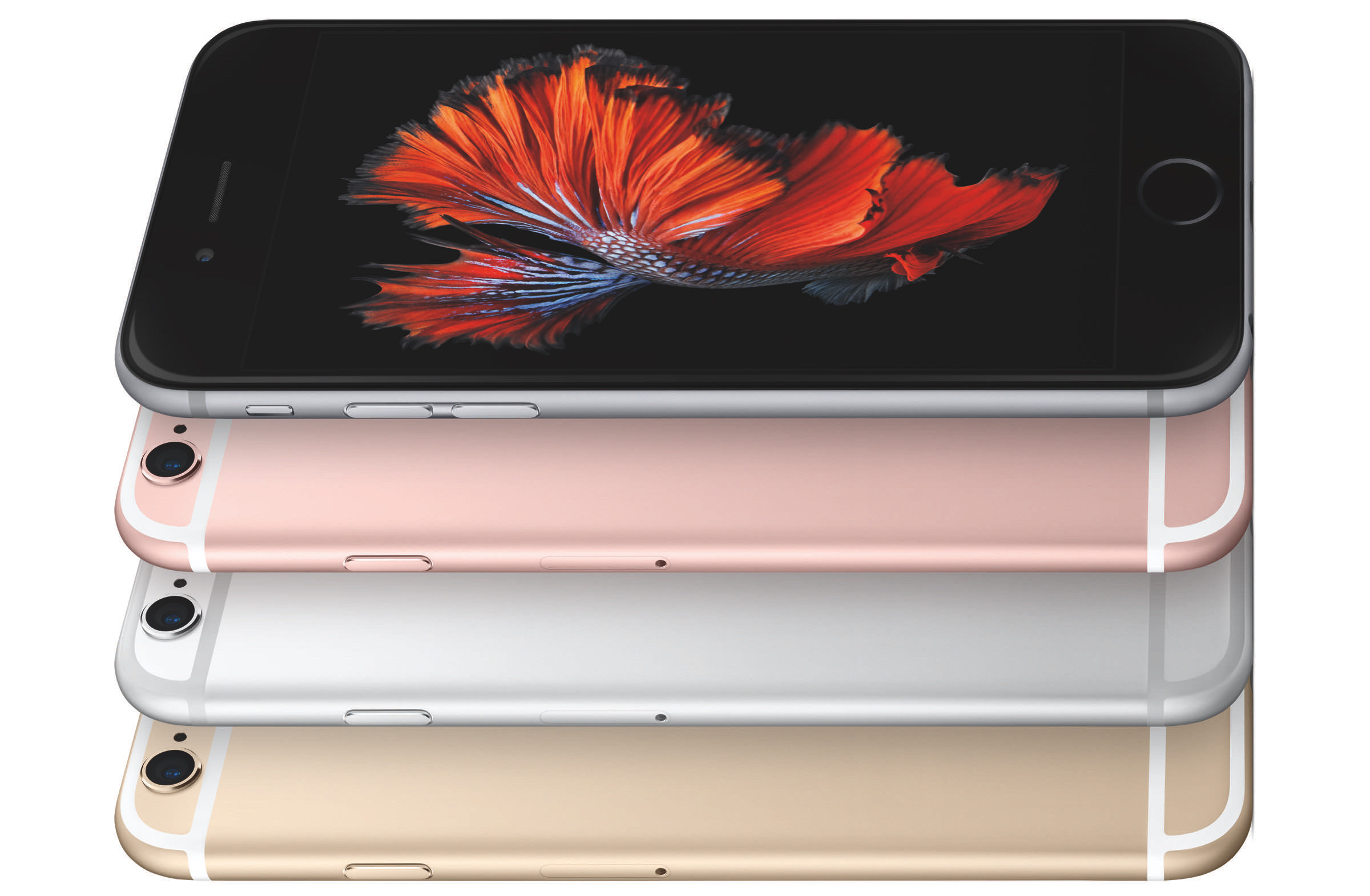
AppleCare+ price increases 30 percent
I haven't paid much attention to Apple's newest price-gouging tactics. But it's after Midnight here on the West Coast and preorders are now underway for iPhone 6s and 6s Plus. So I decided to take a progress peak. A year ago, I rushed to get the 6. This upgrade cycle, my interest is zero.
I am not mooning over 3D Touch, although I would gladly moon Apple for such nonsense. Synchronization was the connected device age's first killer app. Touch was second. But the finger is an anachronism compared to voice. Touchless is the next big thing. While Apple brew hoos about smarter Siri, touch gets greater emphasis for this release cycle. I can't blame Apple in a way. Siri still sucks.

Oh, yeah, San Diego, we may get Google Fiber
Please take my money, Google. Tap the vein right here if blood is the currency you need. I am ready, willing, and over-excited. If you disappoint, I understand, though. My city is a brick wall when it comes to new commerce. It's regulation central. So good luck to you.
This afternoon I received email from the Google Fiber team that stopped my heart: "We wanted you to be among the first to hear the news. Today we announced we're exploring bringing Fiber to San Diego". Hell, yeah, baby. Sign me up. Which up-for-reelection-politician needs me and other native and transplanted San Diegans to be thorns in the butt? Give us more speed than we possibly need for prices we probably can't afford.
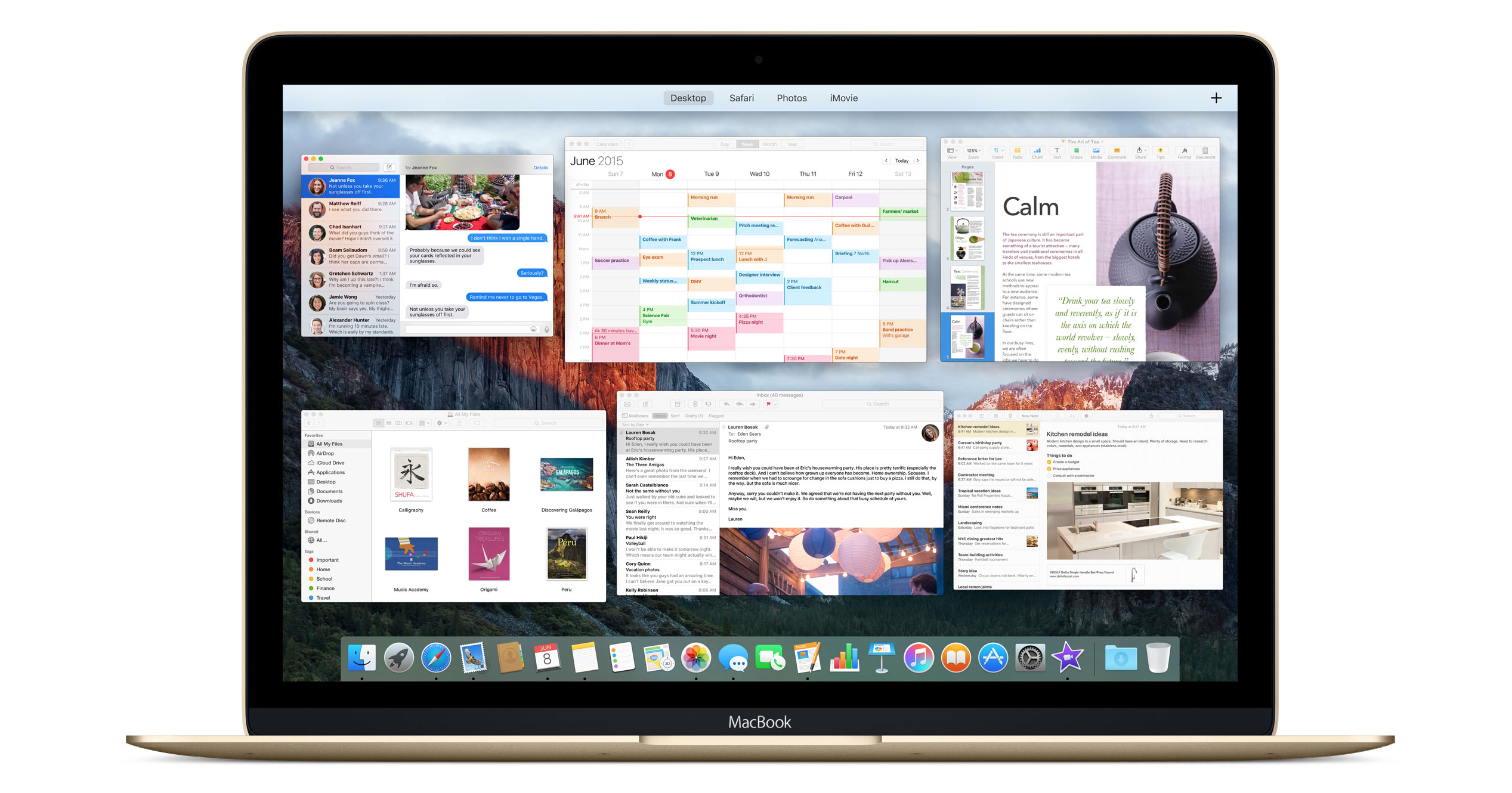
Apple issues El Capitan Gold Master Release Candidate
This just arrived in my inbox from Apple: Offer to download what could be the final build before Apple certifies OS X 10.11 as golden: "Thank you for participating in the Apple Beta Software Program. Your feedback and usage of the OS X El Capitan public beta has helped us make this release great. We are pleased to give you access to the OS X El Capitan GM Candidate".
Promises. Promises. "If you are currently testing OS X El Capitan, please back up your Mac and do the following to install the GM Candidate. Go to your Purchased tab in the Mac App Store and click the Download button next to OS X El Capitan GM Candidate. When your download finishes, the installer will automatically launch. Follow the onscreen instructions to complete installation".
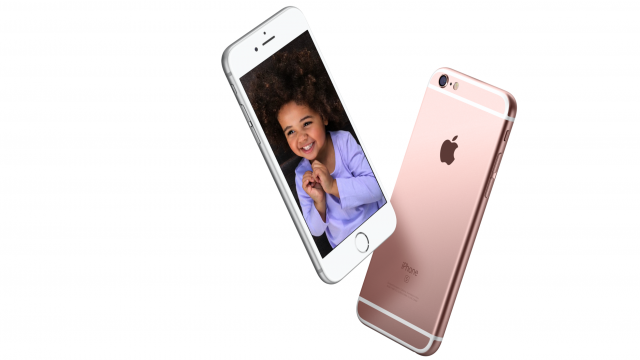
Apple delays iPhone 6s and 6s Plus preorders for 9-11 commemoration?
Apple's decision to start iPhone 6s and 6s Plus preorders on Saturday September 12 surprises me. Friday is typical, which lets the company tabulate an extra day into the weekend when reporting the number of preorders the following week. So you have to wonder why the change. I asked Apple PR, but there is yet no response to my query.
In 2014, Apple announced iPhone 6 and 6 Plus also on September 9th, a Tuesday. Preorders began on Friday the 12th and sales one week later. In 2013, there was no preorder option for iPhone 5s, just straight sales starting Friday September 20th; announced the 10th. In 2012: Friday September 14th for preorders; the 21st for sales. In 2011: again Friday, October 7th preorders and October 14th sales.

